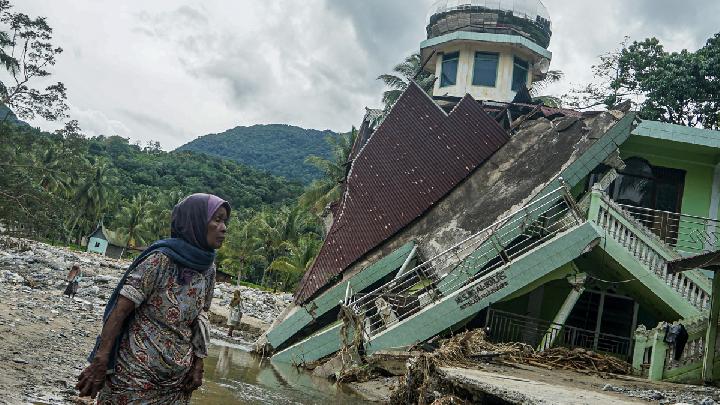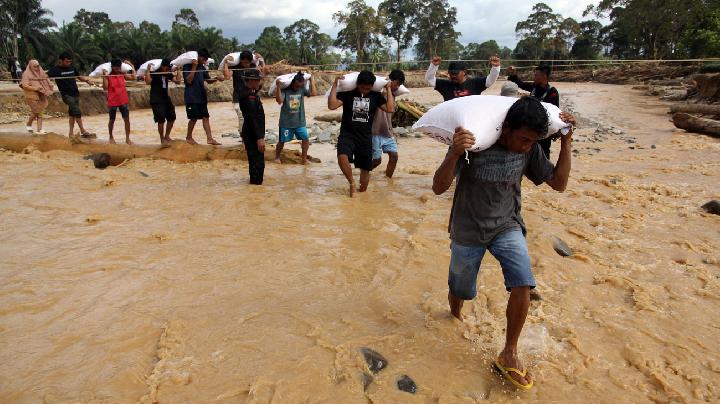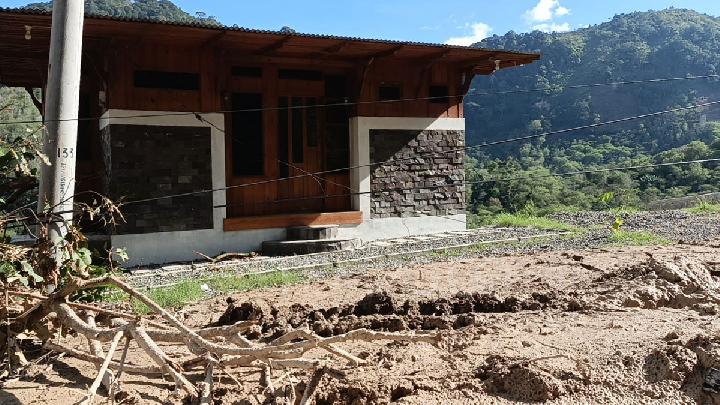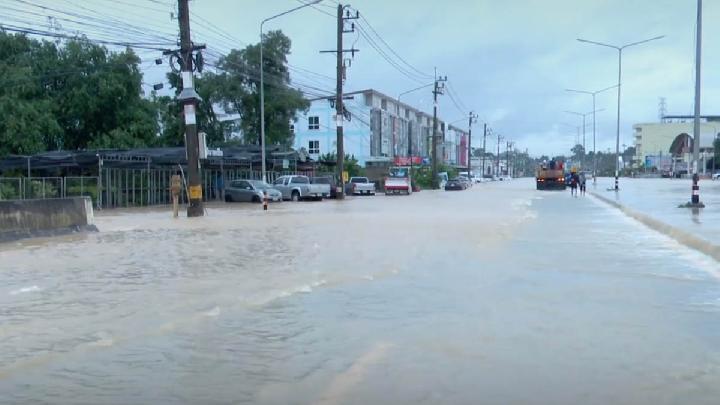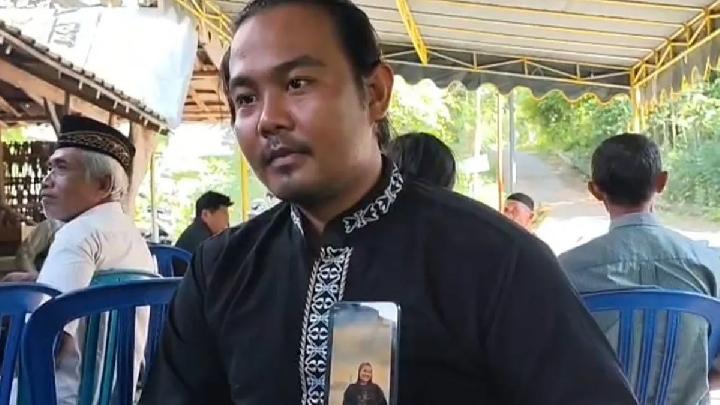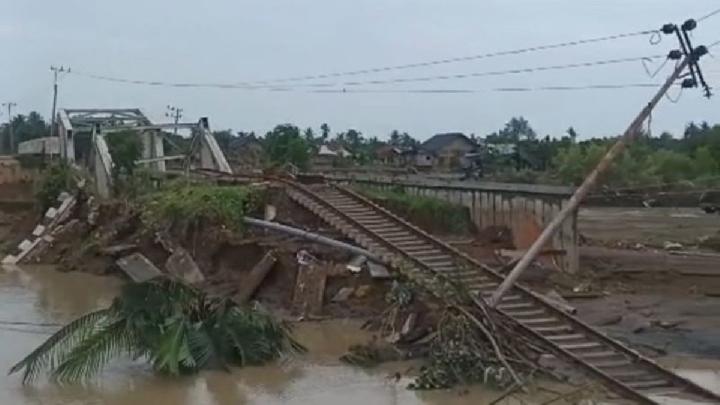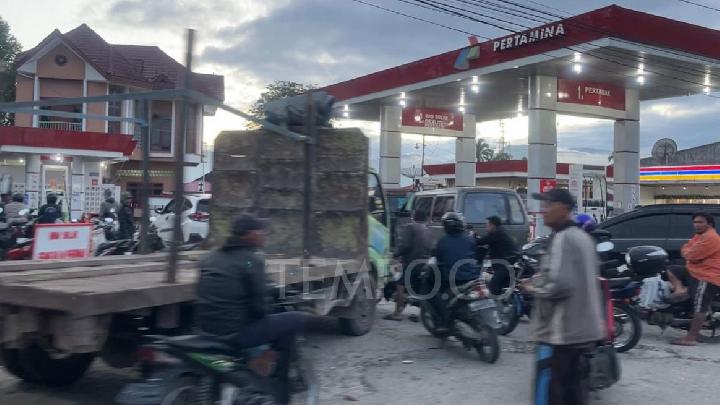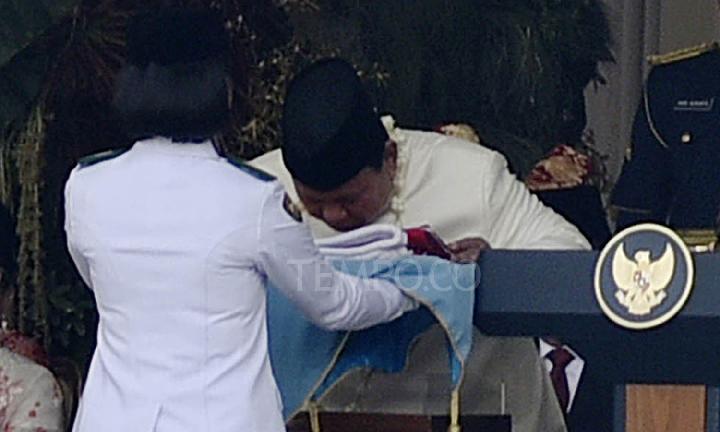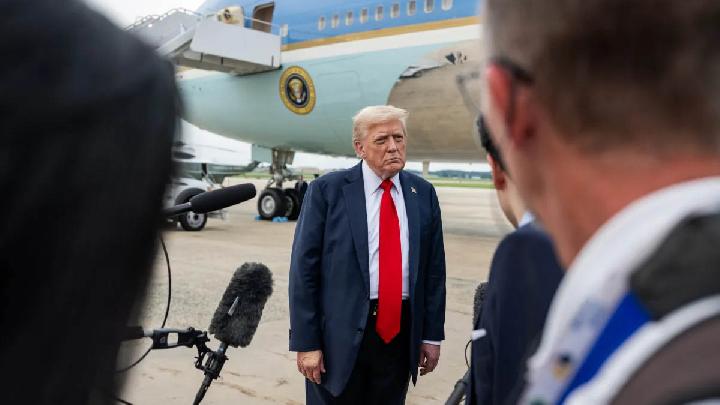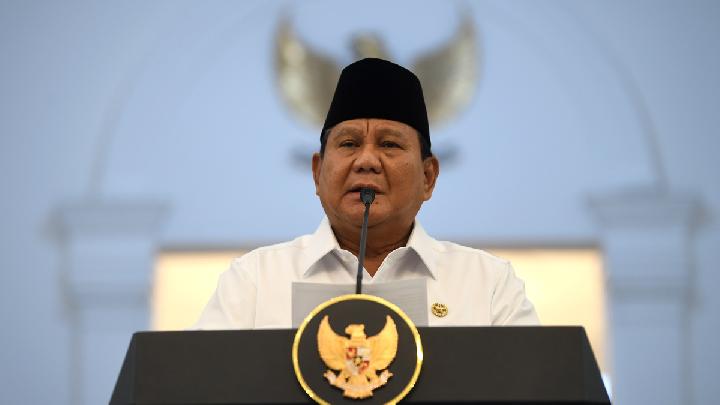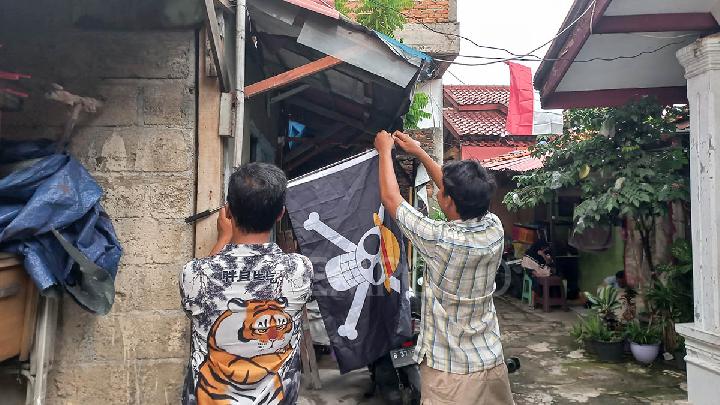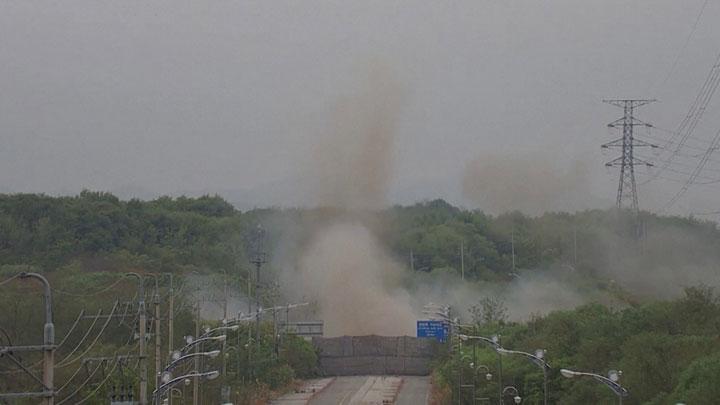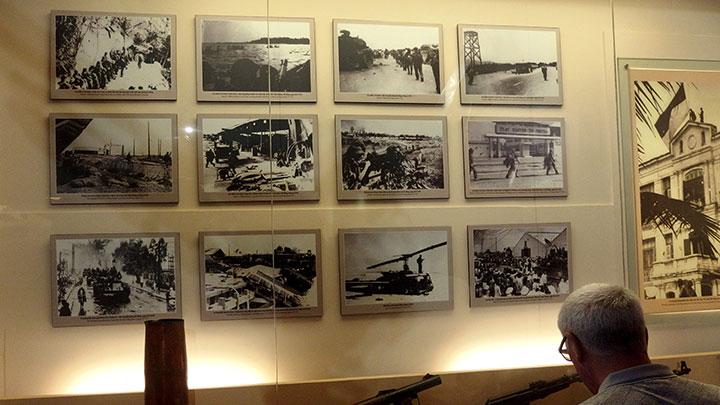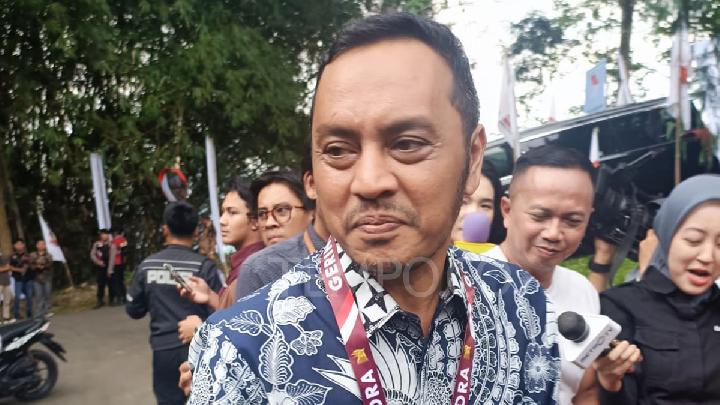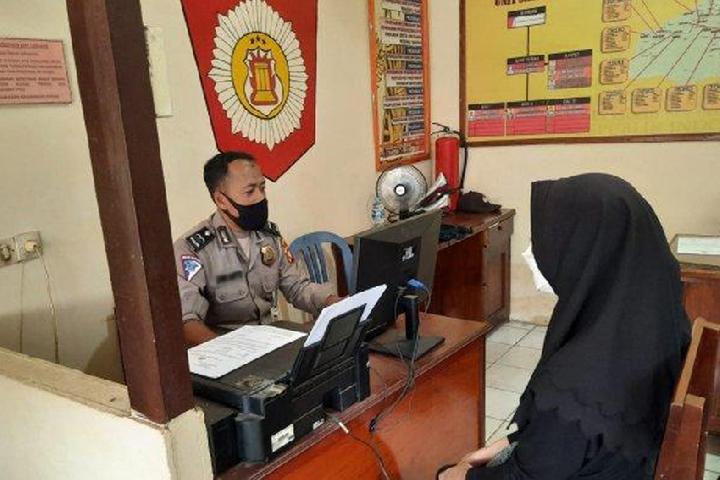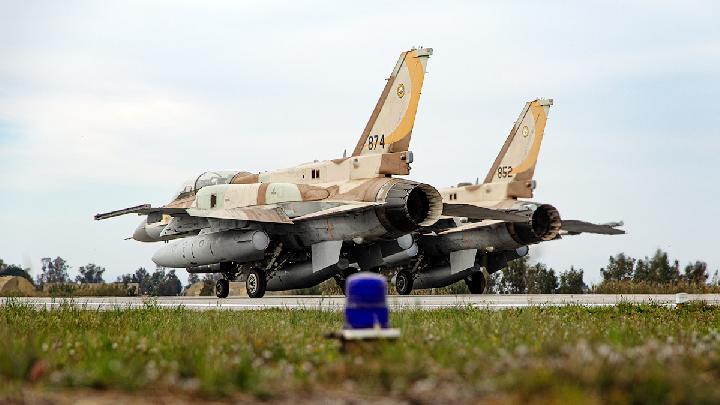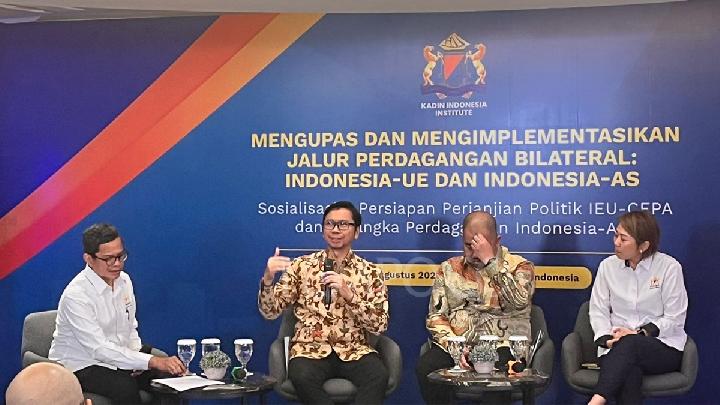TEMPO.CO, Jakarta - UN sanctions will be reimposed on Iran after the Islamic Republic fails to convince Western countries to address their concerns regarding its nuclear program, as reported by Arab News.
This step followed Britain, Germany, and France's triggering of the "snapback" process last month. This process gave Iran 30 days to meet its terms or face the reapplication of international sanctions. The deadline ended on September 28, 2025.
A UN Security Council resolution sponsored by Russia and China, urging an extension for the Joint Comprehensive Plan of Action (JCPOA), failed on Friday, with only four of the 15-member body supporting it. Nine council members, including Britain, France, Denmark, Slovenia, Sierra Leone, Panama, the U.S., Greece, and Somalia, voted against it.
Before the vote, Russia's Deputy Permanent Representative to the UN Dmitry Polyansky stated that the resolution draft "creates a room to seek a solution acceptable to all parties."
He said it is a defining moment for every Security Council member, and they hope their colleagues will make the right choice.
China's Deputy Permanent Representative to the UN, Geng Shuang, remarked on the U.S. and Israel's attacks on Iran's nuclear facilities, stating that it further complicates the 'Iranian nuclear issue.'
He added that the resolution draft is not about choosing between Iran and the E3. He stated that the resolution aims "to provide more time for diplomatic efforts and create conditions for a political solution."
The European powers, known as E3, have demanded that Iran restart negotiations with the United States, continue cooperation with the International Atomic Energy Agency (IAEA), and clarify the status of its enriched uranium stockpile, which amounts to 408 kg, nearing weapon-grade.
Despite last-minute talks between European officials and Iran on the sidelines of the UN General Assembly in New York this week, there has been no progress in restarting negotiations between Washington and Tehran.
The E3 countries are also unsatisfied that Iran will allow the IAEA to resume inspections of its main nuclear sites.
Ayatollah Ali Khamenei, Iran's Supreme Leader, sidelined negotiations with the U.S. in the current conditions, stating it would signify "surrender" and "humiliation" for the Islamic Republic.
Iranian officials blame the U.S. and European powers for the lack of diplomatic progress and the escalation of the crisis.
Iran's President, Masoud Pezeshkian, stated that Tehran will respond but will not leave the non-proliferation agreement, as advocated by hardline elements within the regime.
He told reporters in New York that some people in the country think we should leave the NPT. However, the top leadership remains firm, and that is our official policy.
He added that if they apply the snapback mechanism and other mechanisms, then we need to know how to deal with them.
However, Iranian officials have warned that they will again suspend cooperation with the IAEA and halt negotiations with E3.
The snapback process is part of the 2015 agreement signed by Iran with major powers, including E3, the Obama administration, Russia, and China. The deal has been on the verge of collapse since U.S. President Donald Trump unilaterally withdrew from it during his first term and imposed waves of sanctions on Tehran.
Iran responded by significantly expanding its nuclear program and building up its enriched uranium stockpile to 60 percent purity, nearing weapon-grade.
Iran accuses the European major powers, who remain signatories to the agreement, of failing to fulfill their commitments under the 2015 deal, in which Iran would receive sanctions relief in exchange for strict limitations on its nuclear activities.
Iran has been struggling under heavy U.S. sanctions that have cut off its access to the global financial system and crippled its economy.
Iran has held indirect negotiations with the Trump administration to resolve the crisis. However, the process stalled when Israel waged a 12-day war against the republic in June, 48 hours before Washington and Tehran held their sixth round of talks.
The U.S. briefly joined Israel in the bombing of Iran's key nuclear sites, deepening Tehran's distrust of the Trump administration and hardening its stance on negotiations.
Trump claimed Iran's nuclear program had been "obliterated" in the attacks, and diplomats said he showed little inclination to resume negotiations.
The attacks severely damaged Iran's nuclear program, but Western diplomats said the program had not been destroyed. It is unclear what has happened to the enriched uranium stockpile.
Following the attacks, Iran suspended cooperation with the IAEA.
Iran did reach a preliminary agreement with the UN nuclear watchdog this month on "new modalities" of inspections. However, European diplomats said it did not go far enough to meet their requirements for the agency's experts to examine key nuclear facilities.
Pezeshkian said that "the wall of mistrust that has been created between us and America is thick and tall."
He said that every time Iran takes a step forward, the U.S. retreats two steps and adds more requirements. "First, show your sincerity and good intentions, and we will take two more steps forward."
Editor's Choice: China Proposes AI+ Global Cooperation Initiative at UN Meeting
Click here to get the latest news updates from Tempo on Google News

